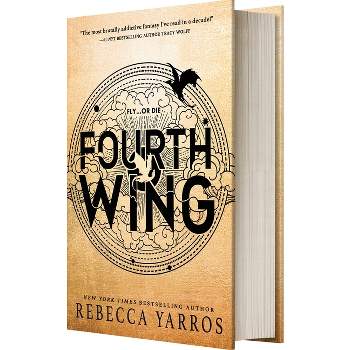About this item
Highlights
- This book presents a comprehensive vision of human life, ecology, and theology inspired by Spinoza.
- About the Author: Brian Fay is Professor of Philosophy, Emeritus, Wesleyan University, USA
- 281 Pages
- Philosophy, Ethics & Moral Philosophy
Description
Book Synopsis
This book presents a comprehensive vision of human life, ecology, and theology inspired by Spinoza. According to this vision, human beings and all other natural entities are not independent substances but are rather "modes" of nature, meaning that they are fleeting manifestations of nature's conatus. By intuitively (and not just intellectually) recognizing ourselves to be modes of nature, we can more fully realize ourselves. To achieve this requires a radical rethinking of our world, of ourselves, and of God, and a far richer understanding of ecology, and an ethics grounded in ecology, than those in current usage. Brian Fay explores this rethinking, and the result is a new, far-reaching vision of our world and how to be responsible, thriving agents in it.
From the Back Cover
This book presents a comprehensive vision of human life, ecology, and theology inspired by Spinoza. According to this vision, human beings and all other natural entities are not independent substances but are rather "modes" of nature, meaning that they are fleeting manifestations of nature's conatus. By intuitively (and not just intellectually) recognizing ourselves to be modes of nature, we can more fully realize ourselves. To achieve this requires a radical rethinking of our world, of ourselves, and of God, and a far richer understanding of ecology, and an ethics grounded in ecology, than those in current usage. Brian Fay explores this rethinking, and the result is a new, far-reaching vision of our world and how to be responsible, thriving agents in it.
Brian Fay is Professor of Philosophy, Emeritus, Wesleyan University, USA
About the Author
Brian Fay is Professor of Philosophy, Emeritus, Wesleyan University, USA












